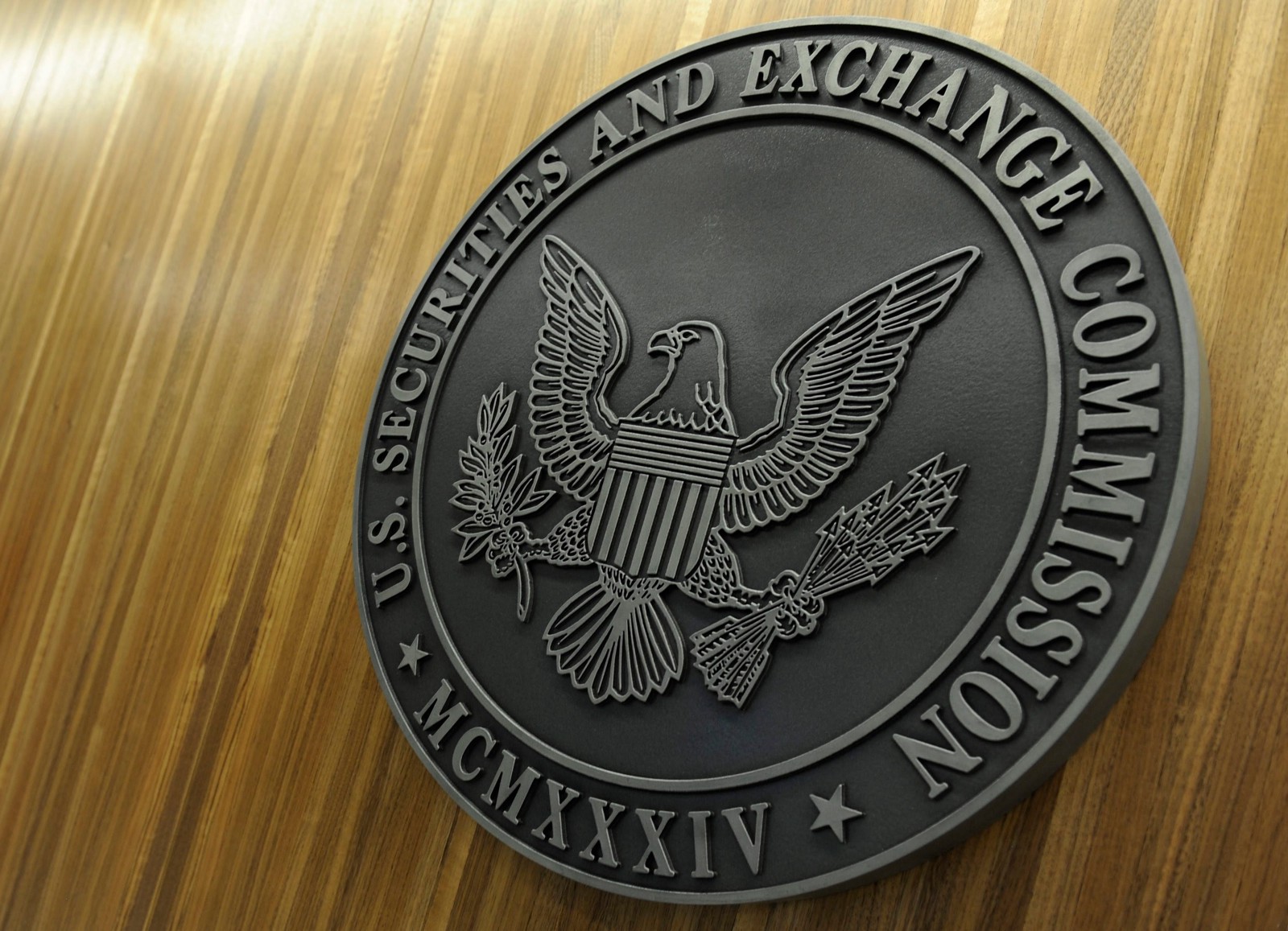SEC’s Crypto Task Force to Host Four Key Roundtables
27.03.2025 11:28 1 min. read Alexander Stefanov
The SEC's Crypto Task Force is ramping up its efforts to tackle digital asset regulation, announcing a series of four upcoming roundtable discussions.
These sessions, starting in April, aim to address key issues in the crypto industry, with the first roundtable focused on regulating crypto trading platforms on April 11.
Subsequent discussions will explore topics such as cryptocurrency custody on April 25, tokenization of assets on May 12, and the intersection of decentralized finance (DeFi) with American values on June 6. All events will be open to the public and streamed online, allowing broader participation.
This initiative builds on the SEC’s ongoing efforts to clarify crypto regulations, following their first roundtable which discussed the challenges of classifying digital assets.
Mark Uyeda, the SEC’s Acting Chair, highlighted the complexities in determining how crypto assets fit within current federal laws. He suggested that a formal regulatory approach, such as rulemaking, could help resolve these uncertainties, marking a shift toward more structured regulation.
The task force is also inviting stakeholders to apply as panelists, a move designed to increase public input into the regulatory process. This step signifies a more inclusive approach, allowing diverse voices to participate in shaping the future of digital asset rules. By fostering open dialogue, the SEC aims to create a regulatory environment that is both effective and adaptable to the rapidly evolving crypto landscape.
-
1
Circle Soars in NYSE Debut Amid Surging Stablecoin Interest — But Not Everyone’s Cheering
06.06.2025 11:00 2 min. read -
2
Yuga Labs Moves to Dismantle ApeCoin DAO in Favor of Centralized Structure
07.06.2025 15:00 2 min. read -
3
CETUS DEX Returns After Major Exploit, Faces Mixed Reaction from Users
09.06.2025 20:00 1 min. read -
4
Tether’s Hypothetical IPO Could Value It Above Coca-Cola, CEO Suggests
10.06.2025 11:00 1 min. read -
5
UK Regulators Unveil PISCES – A New Era for Private Share Trading
11.06.2025 15:00 2 min. read
SoFi Returns to Crypto with Trading, Staking, and Blockchain Transfers
Digital banking platform SoFi Technologies is making a strong return to the cryptocurrency space, relaunching its crypto trading and blockchain services after stepping away from the sector in late 2023.
Chinese Tech Firms Turn to Crypto for Treasury Diversification
Digital assets are gaining ground in corporate finance strategies, as more publicly traded companies embrace cryptocurrencies for treasury diversification.
Ripple Faces Legal Setback as Court Rejects Bid to Ease Penalties
Ripple has been dealt another legal blow after a federal judge rejected its attempt to ease court-imposed restrictions and penalties stemming from its long-standing battle with the U.S. Securities and Exchange Commission (SEC).
BIS Slams Stablecoins, Calls Them Ill-Suited for Modern Monetary Systems
Stablecoins are failing where it matters most, says the Bank for International Settlements (BIS), which sharply criticized the asset class in its latest annual report.
-
1
Circle Soars in NYSE Debut Amid Surging Stablecoin Interest — But Not Everyone’s Cheering
06.06.2025 11:00 2 min. read -
2
Yuga Labs Moves to Dismantle ApeCoin DAO in Favor of Centralized Structure
07.06.2025 15:00 2 min. read -
3
CETUS DEX Returns After Major Exploit, Faces Mixed Reaction from Users
09.06.2025 20:00 1 min. read -
4
Tether’s Hypothetical IPO Could Value It Above Coca-Cola, CEO Suggests
10.06.2025 11:00 1 min. read -
5
UK Regulators Unveil PISCES – A New Era for Private Share Trading
11.06.2025 15:00 2 min. read


